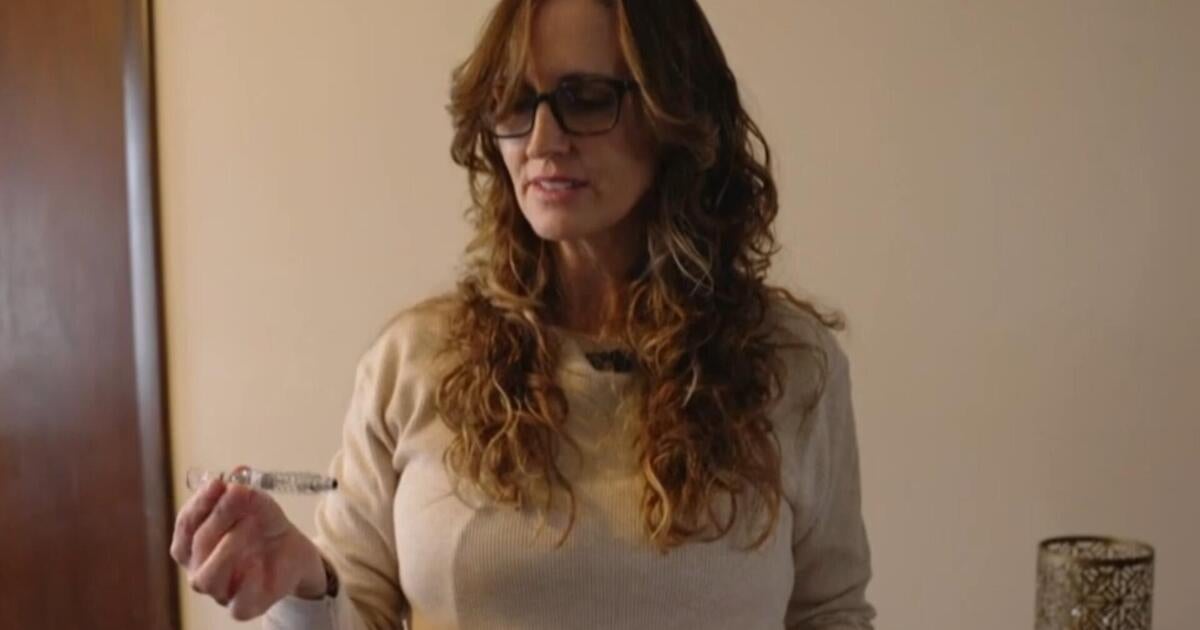The Hidden Costs of Illness: A Fired Park Worker’s Struggle for Medication
In the lush landscapes of America’s national parks, the commitment of park workers is often palpable. Yet, for one former National Park employee, the beauty of nature became overshadowed by the harsh realities of living with Crohn’s disease after an unexpected job loss. The intersection of chronic illness, employment, and healthcare access has never been more critical, revealing the hidden costs of illness that extend far beyond medical expenses.
The Reality of Crohn’s Disease
Crohn’s disease is an inflammatory bowel disease (IBD) that causes inflammation of the digestive tract, leading to a variety of debilitating symptoms such as severe abdominal pain, diarrhea, fatigue, and weight loss. For those diagnosed, managing the condition often requires a combination of medications, lifestyle changes, and regular doctor visits. Unfortunately, the financial burden of these necessities can be overwhelming, especially when one loses their primary source of income.
For our former park worker, the diagnosis came as a shock. With a passion for preserving nature and sharing that love with visitors, the job was not just a paycheck; it was a way of life. However, after being let go due to budget cuts, their world began to unravel. Without health insurance, the struggle to afford necessary medications became a daily challenge.
The Financial Implications of Losing a Job
The financial impact of losing a job is profound, but when coupled with a chronic illness, the stakes rise significantly. Here’s a breakdown of the hidden costs associated with being unemployed while managing Crohn’s disease:
- Medication Costs: The monthly cost of Crohn’s medications can range from hundreds to thousands of dollars. For some, biologics are critical but can cost as much as $10,000 per year without insurance.
- Doctor Visits: Regular consultations with gastroenterologists are essential for monitoring the condition. Each visit can cost anywhere from $150 to $500, depending on the specialist.
- Diagnostic Tests: Procedures like colonoscopies, scans, and lab tests can add thousands to the financial burden. These tests are crucial for assessing the disease but often come with hefty price tags.
- Transportation Costs: Frequent trips to medical appointments can lead to increased transportation costs, especially for those who need to travel long distances to specialists.
- Lost Wages: Time spent managing health can result in lost wages if one is unable to work. This becomes a vicious cycle, as the longer one is out of work, the more difficult it becomes to re-enter the job market.
The former park worker faced these challenges head-on, seeking assistance from various programs and community resources. However, the emotional toll of navigating the healthcare system while grappling with financial insecurity was an additional burden that weighed heavily on their shoulders.
Healthcare Access: A Complicated Landscape
The struggle for healthcare access is a multifaceted issue, particularly for those with pre-existing conditions like Crohn’s disease. The complexities of the American healthcare system often leave individuals feeling overwhelmed and frustrated. Here are some perspectives on the challenges faced:
- Lack of Information: Many individuals do not know where to turn for help or how to navigate the healthcare landscape. This can lead to missed opportunities for financial assistance or support groups.
- Underinsurance: Even those who have insurance may find themselves underinsured, facing high deductibles and co-pays that make accessing necessary medications and treatments financially unfeasible.
- Stigma and Misunderstanding: Chronic illnesses are often misunderstood, leading to stigma. This can result in isolation and reluctance to seek help, further complicating healthcare access.
While the Affordable Care Act expanded access to health insurance for many, gaps still remain, particularly for those who find themselves unemployed. The need for comprehensive reform in the healthcare system is evident, especially for individuals battling chronic illnesses.
Finding Hope Amidst the Struggle
Despite the daunting circumstances, our former park worker’s story is one of resilience and hope. They began to explore alternative avenues for support. Community health centers offered sliding scale fees for services, while nonprofit organizations provided assistance with medication costs. Such resources can significantly alleviate financial burdens, allowing individuals to focus on their health rather than their debts.
In addition to seeking financial assistance, the former park worker turned to social media and online communities for support. Connecting with others who share similar experiences not only provided emotional support but also valuable information about managing Crohn’s disease. These interactions fostered a sense of community, reminding them they were not alone in their struggles.
The Importance of Advocacy
It’s crucial to raise awareness about the plight of individuals facing chronic illnesses and the hidden costs associated with their management. Advocacy plays a vital role in pushing for policy changes that ensure better access to healthcare and support for those in need. Here are some ways individuals can get involved:
- Support Local Organizations: Contributing to or volunteering with organizations that advocate for chronic illness awareness and support can make a significant impact.
- Share Personal Stories: Personal narratives can humanize the statistics and create empathy, prompting others to take action.
- Engage with Policymakers: Contacting local representatives to discuss healthcare access issues can influence policy changes.
As our former park worker continues their journey, they embody the spirit of determination and hope. Their story emphasizes the importance of community, advocacy, and the relentless pursuit of better healthcare access. It serves as a reminder that amid the hidden costs of illness, there is always a path toward healing and support.
Conclusion
The hidden costs of illness, particularly for those like our former park worker battling Crohn’s disease, illuminate the broader issues surrounding employment and healthcare access. It’s essential to recognize that behind every statistic lies a human story filled with struggle, resilience, and hope. By fostering awareness and advocating for change, we can work towards a future where healthcare is accessible for all, regardless of their employment status or chronic health conditions.
See more WebMD Network



